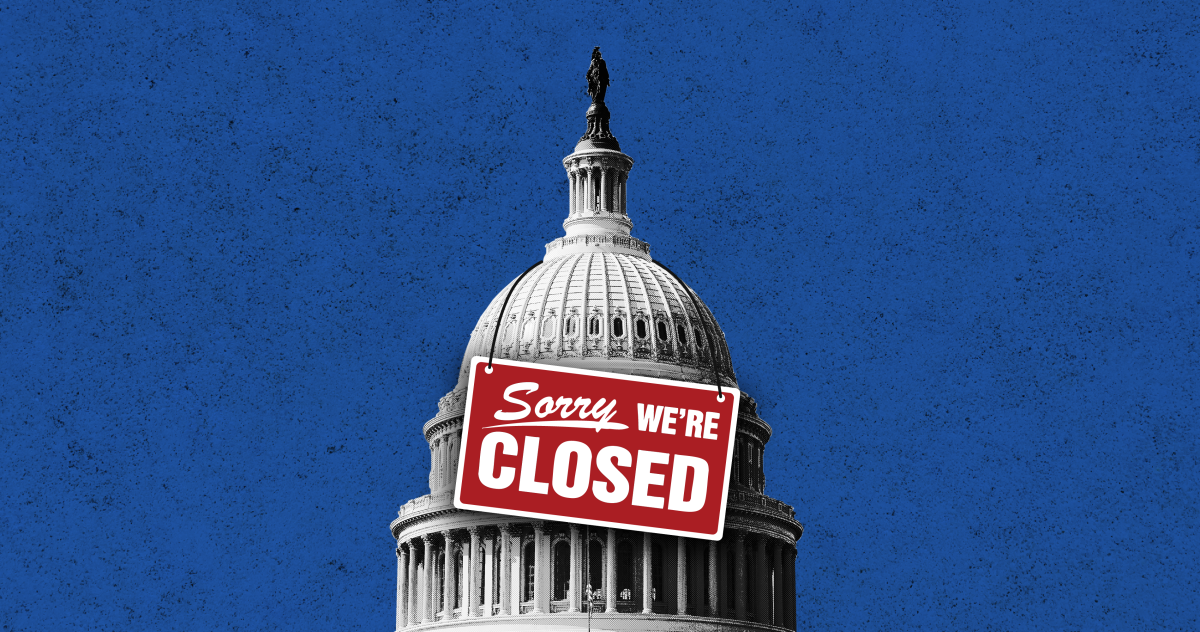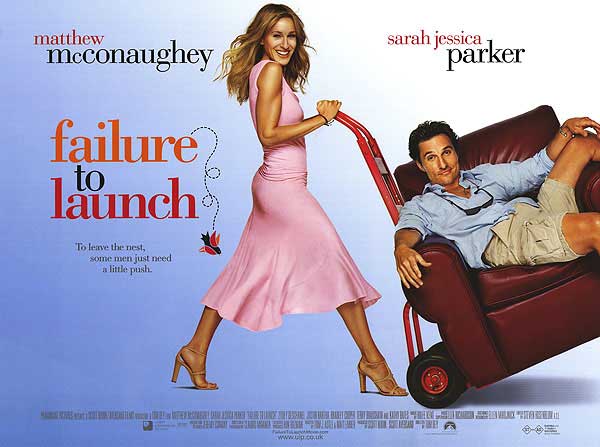Breakfast: The most important meal of the day
A recent Kellogg’s study showed that over 31 million Americans tend to forget or skip breakfast each morning. Many people across America think that eating breakfast in the mornings is a waste of time and empty calories. The truth is, breakfast can be very beneficial to people, when you eat it properly.
When you first wake up in the morning, your blood sugar is very low. This is because, throughout the night, your body is using all of the nutrients that it had stored from the food you ingested from the previous day. Your blood sugar regulates your muscle and brain functioning during the day. Eating a healthy and nutritious breakfast in the mornings can increase your blood sugar and help you run at peak efficiency. By doing this, it also increases your metabolism and helps you burn more calories throughout the day.
Furthermore, when you wake up, your body expects some kind of input. If you wait and skip breakfast, this may lead to a more ravenous hunger later in the day. If you’ve ever tried dieting, you’ll know that this is problematic. Eating later in the day can cause your body to store the energy obtained from those foods and transform it into fat. For the optimal diet routine, a person should eat more calories in the morning and less at night. Even so, when someone skips breakfast, they are more likely to eat high-fat and high-sugar foods later in the day. Regulating what you eat in the morning can help your decision making later in the day when you need a snack.
The American Journal of Clinical Nutrition studied the correlation between weight loss and maintaining a regular breakfast schedule. They studied over 12,000 people over a span of 5 years. They studied each person’s breakfast schedule, and the results on their bodies (BMI, daily caloric intake, and diet regularity). People who said they ate breakfast regularly had decreased caloric intakes and lower BMI’s.
It is also scientifically proven that in children and young adults, skipping breakfast can be detrimental to the growth and development of a child’s body and their health. As a late adolescent, I can validate this claim. Many mornings I used to skip breakfast because I thought I didn’t have time, or that I could wait until lunch. I would feel grumpy, sluggish, and hazy until I finally ate something. One time I forgot to eat breakfast, and I collapsed from having such a lower-level blood sugar. After this instance, I try each day to make sure I eat at least something in the mornings, even if it isn’t a substantial amount.
So, what’s the solution to this problem that persists for children and adults alike? If you skip breakfast because you’re perpetually late running out the door: place a granola bar in your bag before bed, or an apple on the counter to remind yourself. If you skip breakfast because you’re trying to lose weight, news flash: it won’t help. Eating sugary and high fat foods for breakfast won’t help either. If you really want to stick to a diet, try eating something high in protein or fiber for breakfast (fruits, granola, oatmeal, or eggs) to start out your day right. Lastly, don’t rush it if you don’t have to, have fun with it! Make sure you’re getting all your nutrients required while eating foods that you want to. Breakfast should be a privilege, not a chore.

Elizabeth is excited to be a returning for her second year of Parnassus. She is a senior at Delphi Community High School. She loves walking her dogs, watching...













